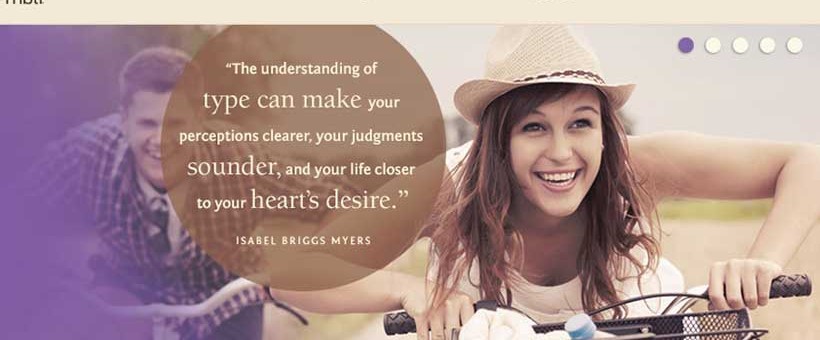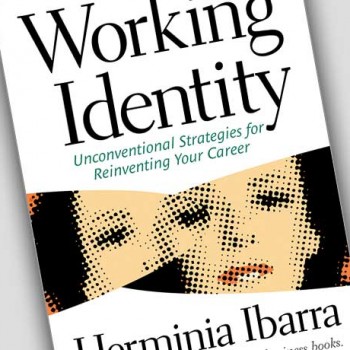
What’s your Type?
- Posted by Liz Gooster
- 1 Comments
- Anne Scoular, business coaching, FT Guide to Business Coaching, MBTI, Myers Briggs, psychological profiling, self-awareness, self-knowledge
In our sixth coaching tutorial we focused on self-awareness. The emphasis was on how self-knowledge can help you ‘get out of your own way’ when you’re with a client, and on how having a grounded sense of your own preferences and characteristics can lead to useful insights into how you behave as a coach.There is a rich smorgasbord of psychometric profiling tools available but one of the most well-known is the Myers-Briggs Type Indicator®, usually abbreviated to MBTI. I first encountered this several years ago on a course about how groups work. MBTI profiles were presented as a key influence on team dynamics. Initially, I was a hardened sceptic. My position was that I didn’t agree with labelling people and that reducing everyone to just 16 different types was scarcely better than believing that someone’s astrological sign was the chief determinant of their personality.
Before this course we completed an MBTI questionnaire and I emerged as an ‘S’. ‘S types’ prefer to pay attention to information that can be ‘sensed’, ie that which is focused on the practical and specific realities of a situation. So on day 1 of the course I was seated with the other ‘S’s for our picture exercise. We were shown briefly a painting and then asked to describe it. My response was that ‘the style reminds me a bit of a Dali’. I was bemused when my group spent 15 minutes debating whether the small white blob shape in the corner was more of a circle or an oval and whether it was 3 or 5 cm from the bottom right hand edge of the frame. As a result of my discomfort as a misreported ‘S’, I shifted into the ‘N’ group, where the inclination is towards ‘big picture’ ideas and possibilities. I immediately felt much more at home and began to think that maybe profiling had something abut it after all … After two days of group exercises designed to reveal the MBTI ‘types’ in action, I was a convert.
A fascination with the revelations of this long-ago course has stayed with me and was in fact one of the things that led me to believe, right from the start of my discussions with Anne Scoular about what has now become the Financial Times Guide to Business Coaching (http://tinyurl.com/6cfyupn), that I might have a natural affinity with ‘this coaching thing’.
When the results of our MBTI questionnaire, completed right at the beginning of my Meyler Campbell programme, were revealed to us in tutorial 5, I was very curious to see whether there was a consistency in my current letters with those I’d ended up with previously. The MBTI takes a Jungian approach to human personality and is founded on the belief that everyone is born with a psychological type, which is constant throughout their life. This is not to say there are only 16 different personalities. Nor that your personality is limited to those characteristics designated by your MBTI ‘type’. In regard to my former concerns about labelling and reductionism, I find my tutor David’s analogy of type as a room in a house extremely enlightening and reassuring. Following this metaphor, the MBTI grid, with its 16 types, is a 16 room house. We are each able to go into any room of our house at will, but we also have a favourite room (‘type’) where we prefer to be a lot of the time.
My own type is ENFP. While no particular quartet of letters makes you any more predisposed to being an effective coach than any other, I draw a degree of confidence and self-affirmation from learning that ENFP types like to help others see their potential; are perceptive about people; and quick to see connections between concepts. Hopefully these are qualities I can bring into play successfully as a coach, to the benefit of my clients. And I am now so far from being a cynic about MBTI, that I’m considering going on a training course to become qualified to administer it!

I like to describe myself as happily ‘At Large’ in an independent portfolio career, balancing coaching, leadership development, coach training and being a mum to my young daughter. Positive psychology is a big influence on my work and I’ve recently gained an MSc in Applied Positive Psychology & Coaching Psychology from the University of East London. My interests include reading, writing, travel, yoga, Zumba, coffee and wine! Connect with me on LinkedIn and sign up for my newsletter, Positive Intentions.



1 Comments